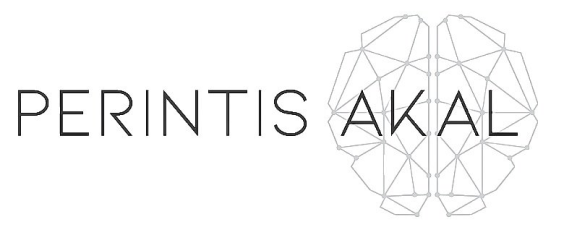Forest, the New Economy
As climate change concerns grow and increasingly weighs itself on policymakers globally, PEMANDU Associates saw an opportunity to exercise their Big Fast Results (BFR) Methodology – 8 Steps of Transformation© to work on a project that could facilitate the creation of a forest restoration-based economy right here in Malaysia. The lifeblood of the firm is what we call “the game of the impossible”. And this project was one more for the books.
Working closely with Tropical Rainforest Conservation and Research Centre (TRCRC), it was evident their passion for conservation was rubbing off on the PEMANDU Associates team, who were equally excited embarking on this unique project that focused on protecting the environment.
TRCRC had an archive of data and expertise in collecting, germinating, propagating and reintroducing local plant species back into the native habitats. Ultimately, the end goal was to preserve and conserve tropical rainforests in Malaysia. This knowledge and expertise enabled us to prepare an action plan and communicate said plan to relevant stakeholders – crucial steps in our methodology.

Source: The Sustainability Consortium (2018)
Sitting down with TRCRC, the team came up with the plan to promote forest restoration as an economically viable and sustainable alternative to monocrop plantations. Land in Malaysia is a premium resource, and sustainable land-use is crucial to enhance economic and social benefits. The answer was to create a new economy around forests, ensuring their protection as well as unlocking their potential as valuable resources. At a glance, the Forest the New Economy lab proposed to:
- Revive and restore degraded land – Degraded land is land that has lost some of its natural productivity due to human-caused processes. This includes abandoned land as well as land that has become unable to support the growth of cash crops.
- Introduce eco-tourism and agro-forestry as other sources of revenue that can support conservation activities while still being environmentally sustainable – Malaysia has a woefully under-supported eco-tourism industry that can easily be expanded upon to take advantage of the country’s lush natural resources. For people who enjoy the outdoors, it is a shame that eco-tourism isn’t higher on Malaysia’s list of attractions.
- Explore downstream opportunities where sustainably-managed natural resources can be used for biomass production – While the main focus for Forest the New Economy is forest conservation and restoration, biomass production can be a side product that could turn into a ready source of renewable energy for when the country is ready to make that transition away from fossil fuels.
A common challenge with working on environmental projects in general is getting buy-in from everyone involved. The lab is purposely designed to gather all stakeholders into one room for the duration of the project as a way to facilitate discussion and arrive at a resolution. (Our CEO, Dato’ Sri Idris Jala calls this the ‘Hotel California’ effect, borrowing from the famous line, “you can check-out anytime you like, but you can never leave”.) However, given the vast geographical make-up of our stakeholders for this lab, we did not have the luxury of gathering them in a single location. While the team had planned for that, this wasn’t without its challenges. Initial meetings took place in the Klang Valley, but as the circle of stakeholders expanded, so did the locations of subsequent syndications with the team travelling from one part of Malaysia to another to meet their stakeholders over the course of the lab. From Kuala Lumpur, the team travelled to other states like Perak, Sabah and Sarawak over the course of a month. Nonetheless, despite the logistical changes, we were able to stay the path to meet the desired outcomes of the lab.
The beginning of a new, greener Malaysia
 It’s been about a year and a half since the lab took place. To say that this lab has irrevocably changed the future of Malaysia’s forests would be a bit of a stretch – much still needs to be done and new policies would need to be drawn up and enforced.
It’s been about a year and a half since the lab took place. To say that this lab has irrevocably changed the future of Malaysia’s forests would be a bit of a stretch – much still needs to be done and new policies would need to be drawn up and enforced.
However, the stakeholders were and remain confident that the lab has given the project a solid foundation to provide a good push in the right direction. In fact, since the conclusion of the lab, several Memorandums of Understanding (MoUs) have been signed with key stakeholders – including one with the Sabah Forestry department to start the project which was signed at the end of October in 2017.[1]
The same year, another MoU, was signed between TRCRC, University Putra Malaysia, Cirad, and Biodiversity International to collaborate and share knowledge on conservation with an end goal of developing a more holistic and coordinated forest restoration effort.[2]
The project itself is continuing under TRCRC and looks to be gathering more momentum amongst public and private sectors, and landowners alike. Progress has also been helped along by a sense of renewed public interest and global concern about the dangers of climate change which has led to more voices, not just from civil society, calling for a greener Malaysia. There’s still a lot more that needs to be achieved before the first forest is replanted, but PEMANDU Associates is indeed grateful to have played a part in this national movement to preserve Malaysia’s forests.






